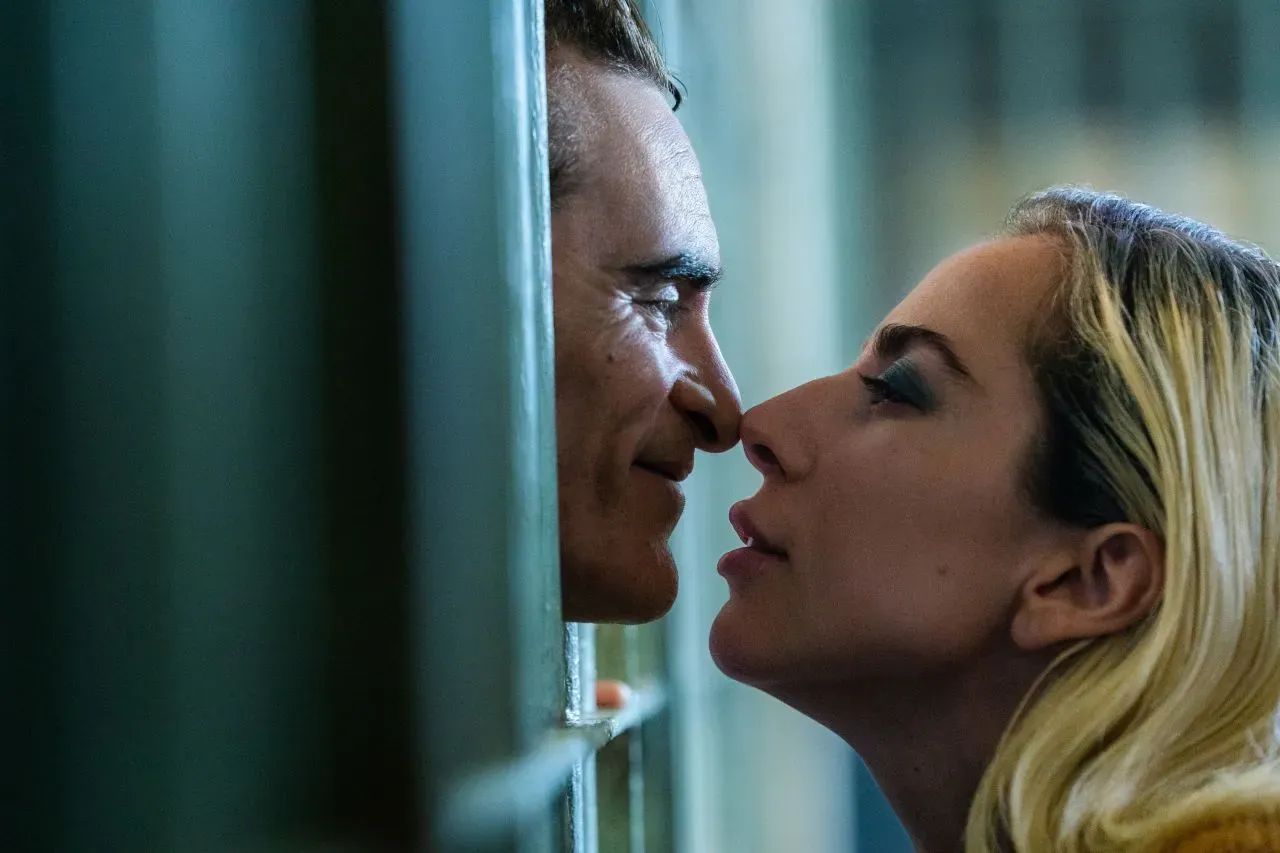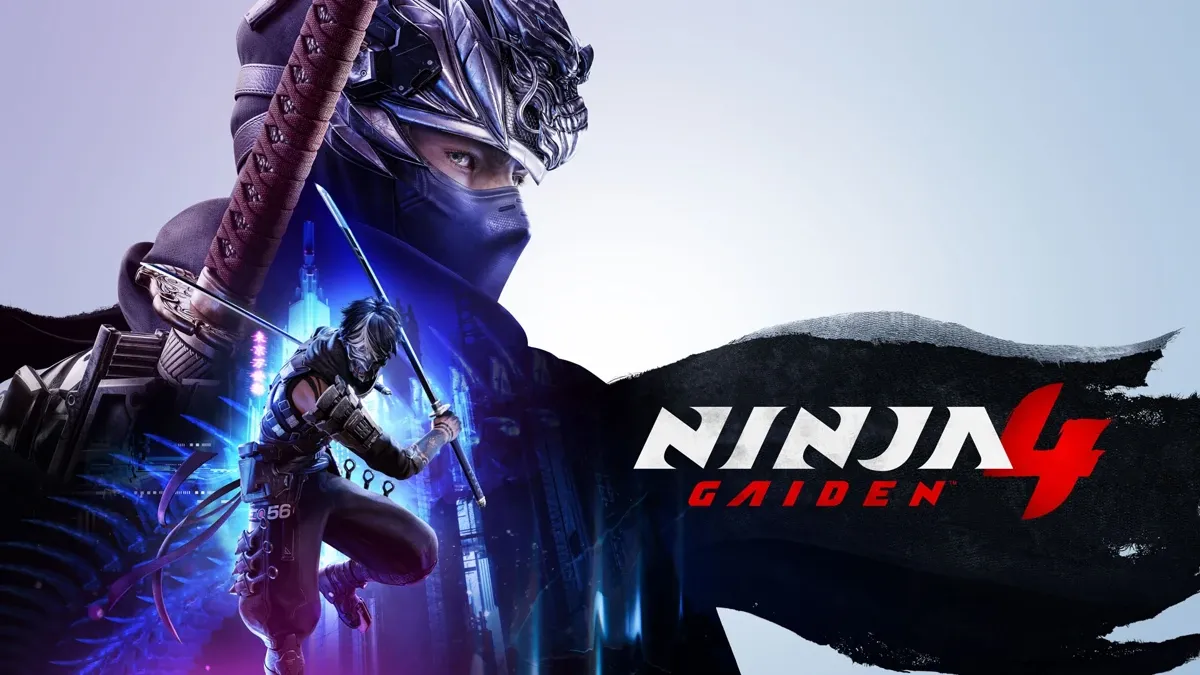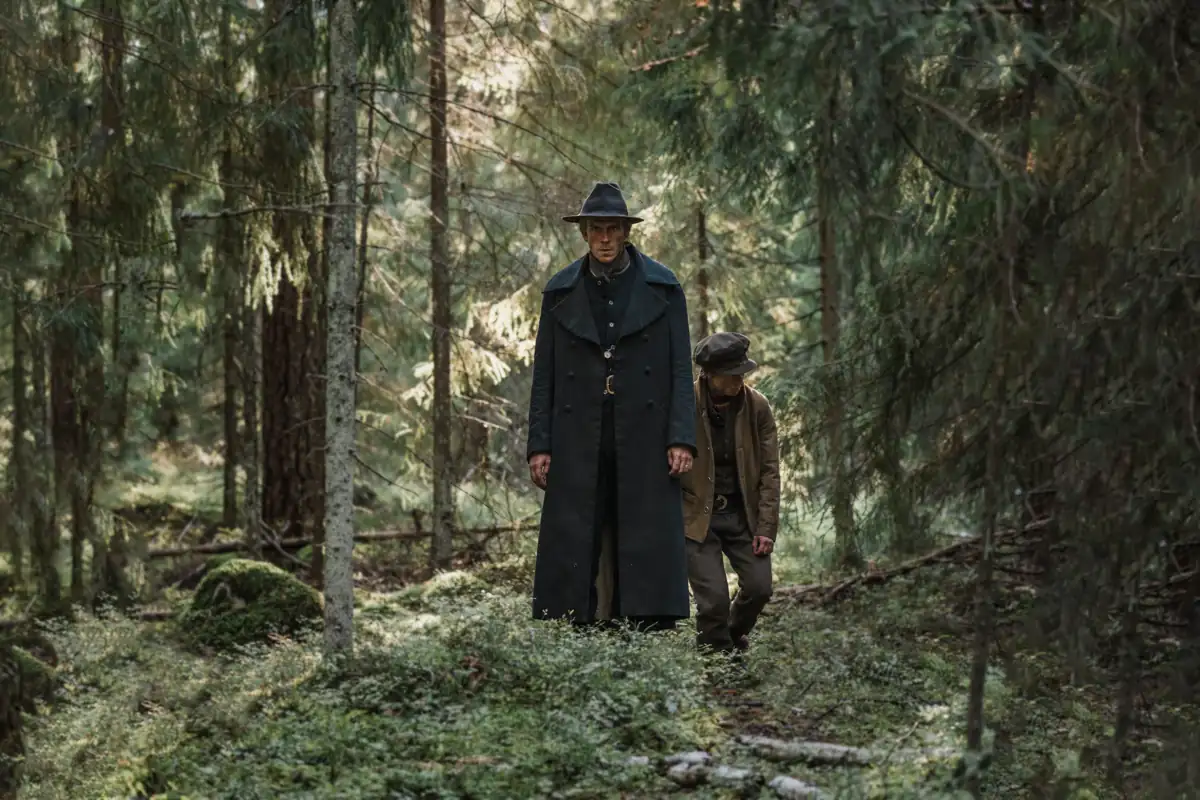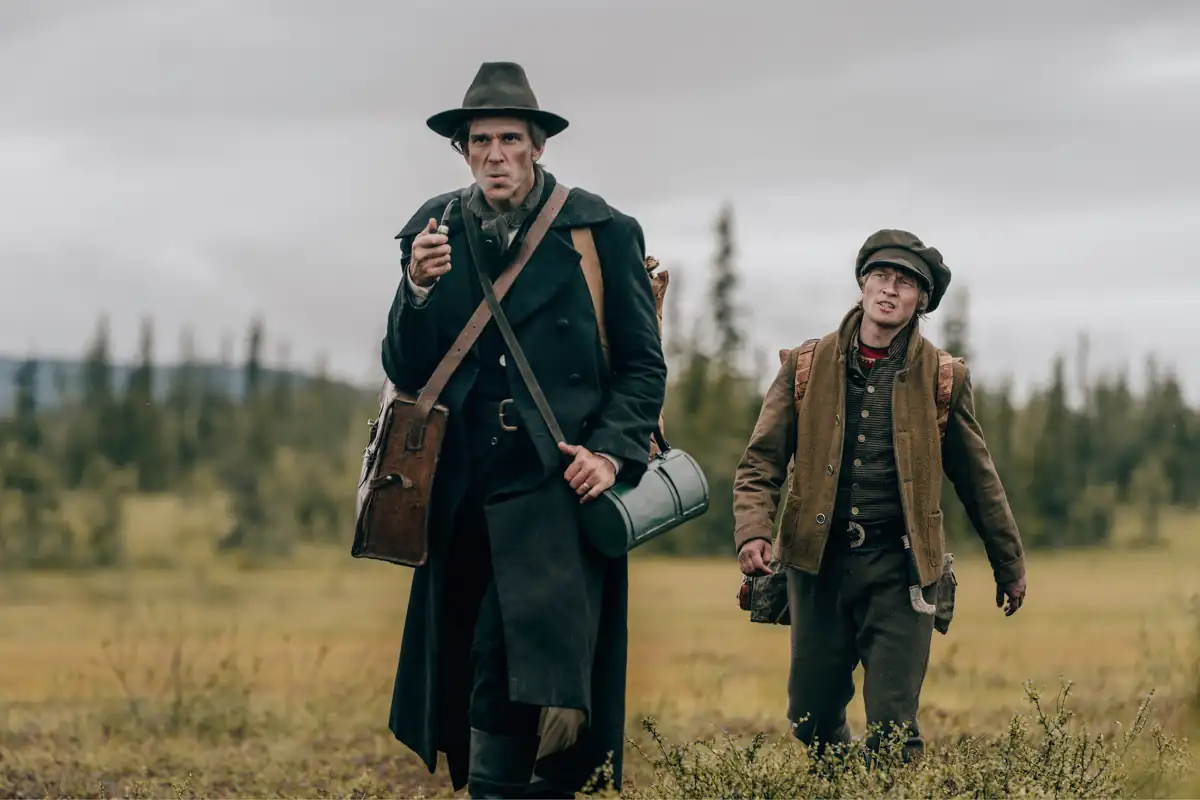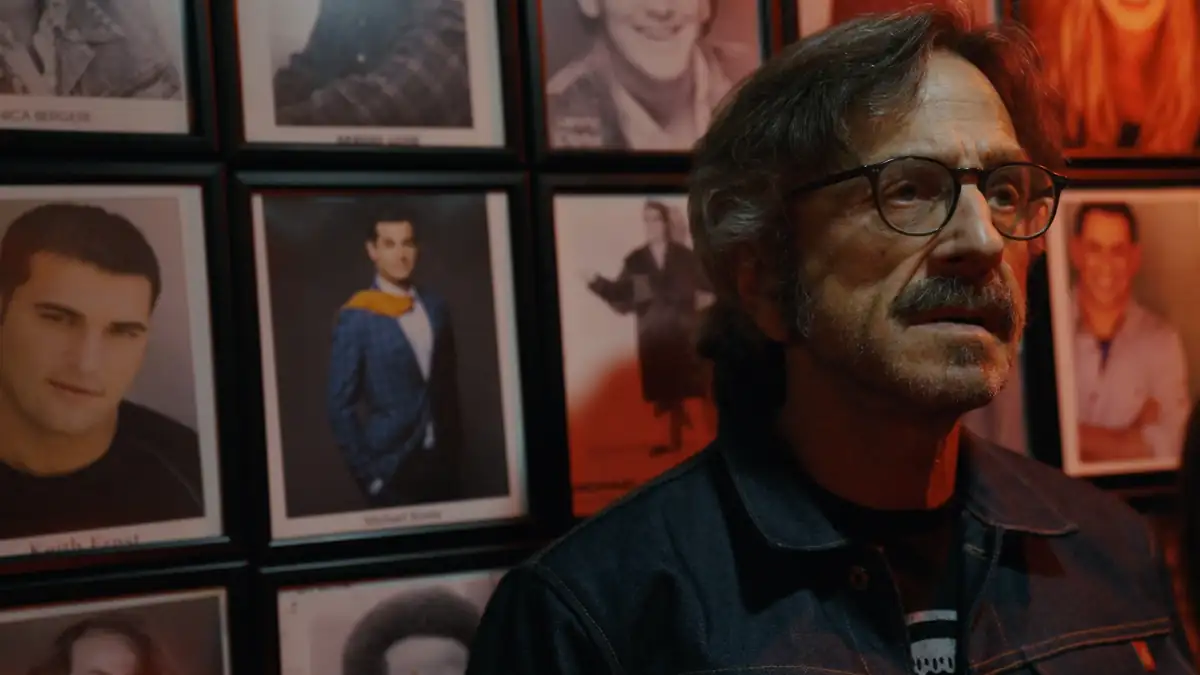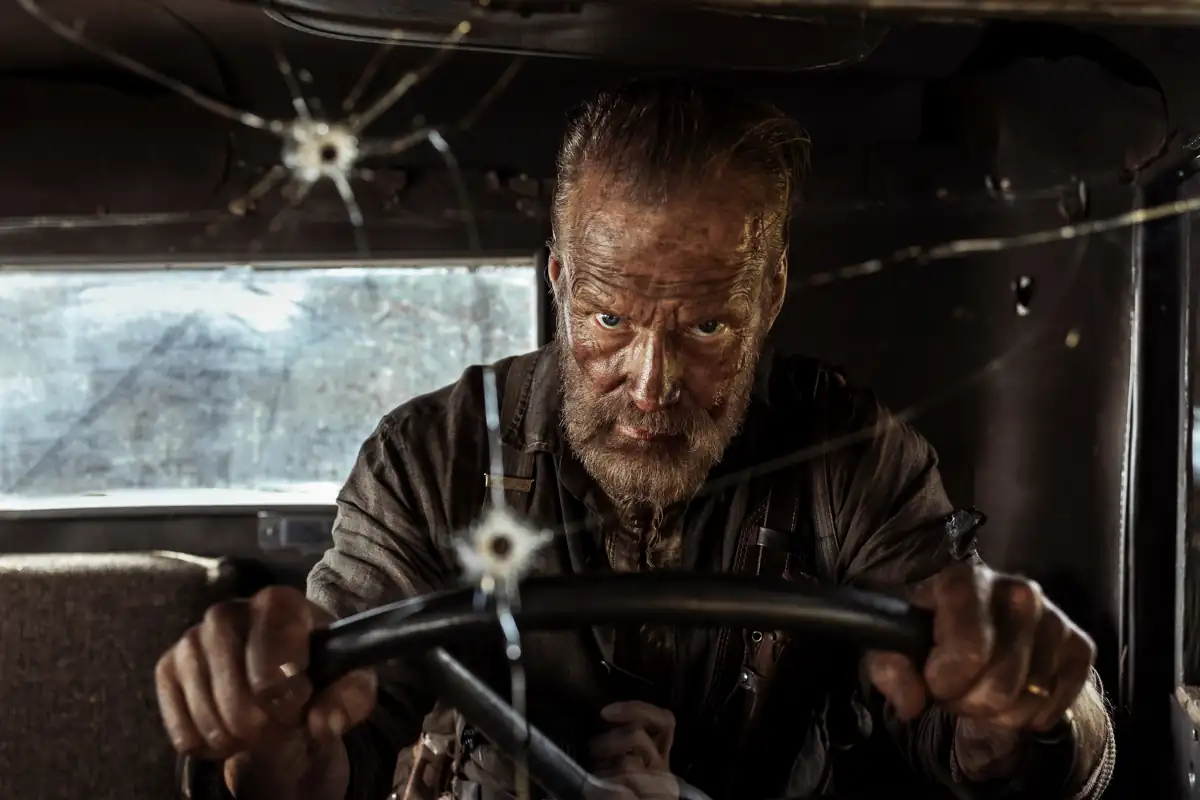It's no secret that I dislike the first Joker. I've given it three chances, and each has returned the same results. Phillips's ugly Scorsese riff remains a blank slate, utterly incapable of making a point that isn't misread from better from films.
Which isn't to say that I walked into Joker: Folie à deux expecting the worst. Nobody wants to sit through two and a half hours of a bad film. Yet here we are; another year, another off-putting, cynical, and ugly Todd Phillips movie.
Set two years after the events of the first film, Folie à deux begins with Arthur Fleck (Joaquin Phoenix) behind bars in Arkham. He hasn't "become" Joker in years, and we get the sense that the daily routine of medication, bullying, and monotony have done the trick. Already, there's a sense of unease about this. As if Phillips toys with the idea that, hey, maybe hardcore punishment really works.
It's a notion that isn't abated by what follows, as Arthur ditches his medication and his wardens let their guard down by giving him a chance to join the local choir. There, he meets Lee (Lady Gaga), a Joker mega-fan, who instantly makes googly eyes at Fleck the moment they meet. Within minutes, she's set the place on fire, and the duo are inseparable. As Fleck's trial approaches – why it's two years late when they call it the trial of the century is anyone's guess – the duo must figure out who Joker really is, and what he means to either one of them.
The first Joker was thoroughly misguided in its empathy, and painted Fleck as the victim of an uncaring society against logic and reason. In Folie à Deux, Phillips takes this even further, suggesting that Fleck and Joker are two different people, and it's really the fault of everyone else that he became a mass murderer.
Much of the overlong runtime is spent in the courtroom, where Fleck eventually defends himself, and it's a dire, insultingly simplistic series of events. Phillips's script aims for something between satire and black comedy, and hits neither. To compensate, he limply inserts jukebox musical sequences into the film, which neither reveal character nor drive plot. They're extended sequences to justify Lady Gaga's inclusion, and even she feels wasted in the part. The songs play out as karaoke, the numbers are unimaginative, and if you take them out, the film remains unchanged. It's a bad musical or a lousy film with musical interludes.
Elsewhere, Phillips can't escape his mean and ableist sensibilities. He insists on framing a little person in the most childlike and insulting way possible. His women characters are either Madonnas or whores. At the center of it all is Fleck, a hapless and innocent man, who only reacts. The film makes a clear case for what it believes in the story regarding Joker and Fleck as separate people, and it's just as childish and insipid as you'd expect it to be. Once again, Phillips's idea of mental illness comes across as deeply insensitive at best; callous and cruel at worst.
By the end, it doesn't even matter what the verdict is, because Phillips has no intention of making a point with his mess. Instead, he resorts to a first year film school ending, the kind that everyone makes the first time they're behind the camera.
Phoenix and Gaga do their best with thin material. The great Brendan Gleeson has barely anything to do. The cinematography is surprisingly pretty, and highlights just how little Phillips does with his inert musical numbers. But make no mistake, this is a dire and dull film. The first Joker was a bad movie. Folie à deux is just as bad, but also a chore to sit through. After nearly two and half hours in the theater, the only conclusions it offers is the chance to finally walk out and forget we ever wasted time on it in the first place.

